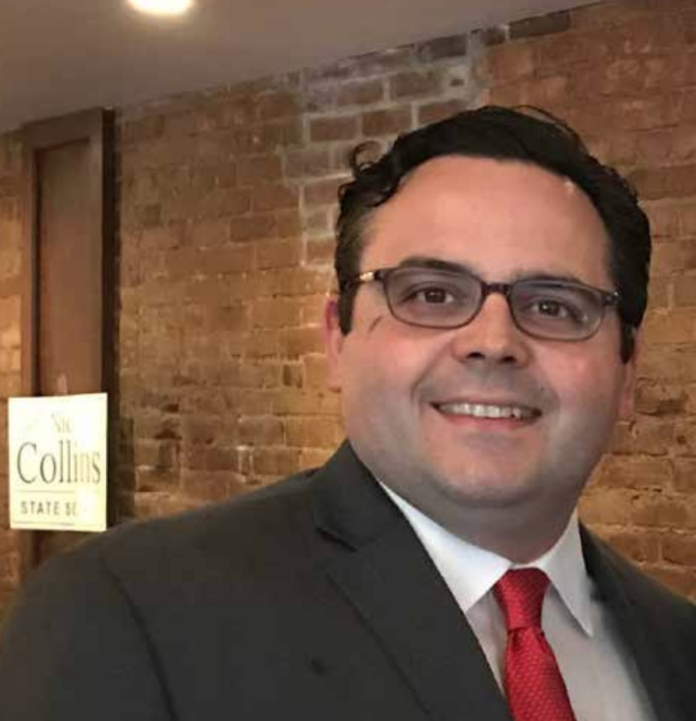The Joint Committee on Export Development held a hearing on upgrades and investments into the Port of Boston. With over $200 million in public investments from the Commonwealth into dredging, shipping lane improvements, and capacity upgrades at Conley terminal. Chair of the Committee, Senator Nick Collins, reaffirmed his commitment to protecting public investments to continue driving industry growth, tax revenue, economic impact, and good jobs in the city and region.
In the hearing, Massport revealed that is has issued a Request For Information (RFI) to finance the purchase of three new cranes that would increase capacity and efficiency for loading and unloading cargo at Conley Terminal. The RFI opens the door to private bids that could create questions of ownership and control, including potential scenarios where a foreign entity would finance the capital investments and thus maintain control over their operation. With lingering questions over fair labor practices and the impact to public investments, Senator Collins asked if Massport could commit to taking privatization off the table. Massport CEO Tom Glynn responded that it was “premature to take anything off the table.”
Many other stakeholders attended the hearing and offered their perspectives, including the International Longshoreman’s Association, which expressed strong opposition to any potential privatization, and International Forest Products LLC, the largest exporter out of Conley, whose VP of Global Transportation said that “changing up the current model would be a mistake.” Senator Collins added that “to hand over any amount of control to a foreign entity, after so much public investment, and in a time of great uncertainty regarding international trade and tariffs, would jeopardize local jobs, and put our local economy at risk.”
In response to air quality and pollution concerns, Senator Collins also requested that Massport take the lead on environmental sustainability by investing in Ship-to-Shore power, the process by which cruise ships and other large vessels attach to clean energy sources from the shore rather than continuing to run their onboard energy sources which are much more pollutant.
Although he acknowledged that many large ships take as much energy to run as the entire Logan airport, CEO Glynn expressed reluctance to make investments in clean energy sourcing, citing concerns that the market may not be big enough for it yet. “If Massachusetts is not leading on environmental sustainability and air and water quality, then we are following, and that is just not in our DNA” said Senator Collins. “The Port of Boston should be a leader on this.”
Coincidentally, Massport held a public meeting in South Boston this week to present its progress on Berth 10 and faced a number of residents with concerns about the overall scope of the project. Massport officials promised to keep residents informed of any new developments.













